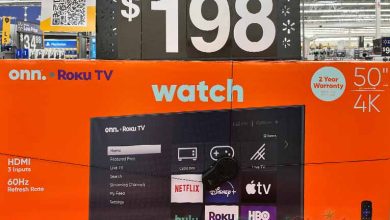- How do you say Merry Christmas in Hawaiian? Mele Kalikimaka.
- What year was Santa born? 270 AD.
- What is the most recorded Christmas song of all time? “Silent Night.”
- What vegetable allows Santa’s reindeer to fly? Carrots.
- What should we leave out for Santa on Christmas Eve? Milk and cookies.
- What is the best-selling Christmas song ever? “White Christmas” by Bing Crosby.
- Which country started the tradition of putting up a Christmas tree first? Germany.
- Which president had his own special recipe for eggnog? George Washington.
- In the song “Last Christmas”, who does the singer give their heart to? Someone special.
- What was the original title for “The Little Drummer Boy”? “Carol of the Drum”
- Who invented electric Christmas lights? Thomas Edison in 1880.
- Which drinks manufacturer is said to have popularized Santa’s red and white costume? Coca-Cola.
- What famous Christmas carol became the first song ever broadcast from space? “Jingle Bells”
- Which alcohol is usually added to the base of Christmas trifles? Sherry.
- When was the first Christmas tree lit up in the Rockefeller Center? 1933
- In total, how many gifts were given in “The Twelve Days of Christmas”? 364
- Who wrote the popular Christmas song “Frosty The Snowman”? Walter Rollins and Steve Nelson.
- Name Santa’s reindeer: Dasher, Dancer, Prancer, Vixen, Comet, Cupid, Donner, Blitzen and sometimes Rudolph..
- Which reindeer is named after thunder? Donner (the German word for “thunder”).
- In A Christmas Story, what gift does Ralphie receive from his aunt? A pink bunny suit.
Trivia:
Quick Links
Really worth reading...
Where are the forums?
The PlanetChristmas Forums are on an extended sabbatical.
If you want to engage with the decorating community, head on over to our Facebook page at https://www.facebook.com/groups/planetchristmas
If you really want to see the PlanetChristmas Forums come back on-line, send an email to Chuck (chuck at planetchristmas.com)
No matter what, remember our three rules. We are:
- Positive
- Family Friendly
- Christmas-centric




